In the world of finance and investment, ensuring the safety of your hard-earned money is paramount. One key element that contributes to this security is the Deposit Insurance Fund (DIF). It's a financial safety net designed to protect the deposits of bank customers in the event of bank failures or financial crises. In this article, we will delve into what a Deposit Insurance Fund is, its significance in the context of investment, and how it provides peace of mind to investors.
What is a Deposit Insurance Fund (DIF)?
A Deposit Insurance Fund (DIF) is a financial reserve established and managed by a government or regulatory authority to protect the deposits held by individuals and businesses in banks and other financial institutions. The primary purpose of the DIF is to provide a safety net for depositors in case their bank faces financial distress, becomes insolvent, or goes out of business.
Functions and Significance in the Context of Investment:
The Deposit Insurance Fund plays a crucial role in investment and the broader financial system for several reasons:
1. Depositor Protection: The primary function of the DIF is to safeguard the deposits of individuals and businesses. This protection extends to savings accounts, checking accounts, certificates of deposit (CDs), and other deposit products.
2. Investor Confidence: Knowing that their deposits are insured by the DIF, investors have greater confidence in the stability of the banking system. This confidence can encourage savings and investment in financial institutions.
3. Economic Stability: By providing a safety net for depositors, the DIF helps maintain overall economic stability by preventing bank runs and panic withdrawals during times of financial stress.
4. Risk Management: Investors often use banks and financial institutions as intermediaries for their investments. The DIF helps manage the risk associated with these financial relationships by providing a guarantee of the return of deposited funds.
5. Encouraging Savings and Investment: The presence of deposit insurance encourages individuals and businesses to save and invest their money in financial institutions, promoting economic growth and capital accumulation.
How the DIF Works:
The operation of a Deposit Insurance Fund typically involves the following steps:
1. Establishment: The government or regulatory authority establishes the DIF and mandates that financial institutions participate by paying insurance premiums.
2. Insurance Coverage: The DIF specifies the maximum amount of deposit insurance coverage per account. This coverage limit varies by jurisdiction but is often set to protect the majority of depositors.
3. Premiums: Financial institutions pay regular insurance premiums to the DIF based on the size and risk profile of their deposits. These premiums contribute to the fund's financial resources.
4. Resolution of Failed Banks: In the event of a bank failure, the DIF steps in to reimburse depositors up to the insurance coverage limit. The DIF may also be involved in the resolution and liquidation of the failed bank.
5. Funding and Recapitalization: If the DIF is depleted due to multiple bank failures or a severe financial crisis, it may be recapitalized through various means, including assessments on surviving banks or government funding.
Limitations and Considerations:
While the DIF provides a critical safety net for investors, it's important to be aware of its limitations:
1. Coverage Limits: Deposit insurance coverage is typically limited to a specific amount per account, which means that deposits exceeding this limit may not be fully insured.
2. Complex Financial Products: Some complex financial products may not be covered by deposit insurance. Investors should inquire about the coverage of specific products with their financial institution.
3. Risk Assessment: The soundness and stability of the financial institutions themselves remain an essential consideration for investors, as the DIF is a last resort and may not fully compensate for losses in all situations.
In conclusion, the Deposit Insurance Fund is a critical component of the financial system, providing vital protection to investors and depositors in the event of bank failures or financial crises. Investors can have peace of mind knowing that their deposits are safeguarded up to specified limits, which encourages savings and investment in financial institutions. However, investors should remain vigilant about coverage limits, account types, and the financial health of their chosen institutions to make informed investment decisions while benefiting from the security provided by the DIF.

